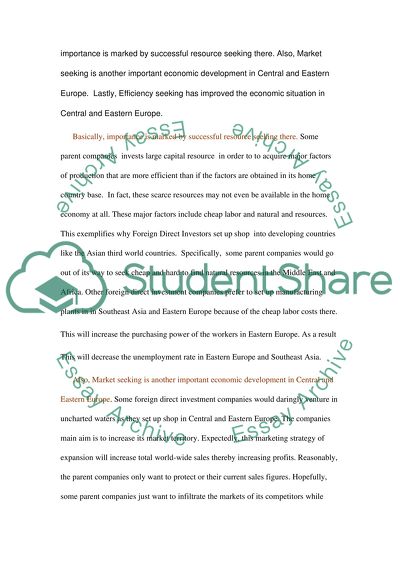Cite this document
(“Globalisation, Transnationals and Economic Policy Essay”, n.d.)
Retrieved de https://studentshare.org/politics/1507931-globalisation-transnationals-and-economic-policy
Retrieved de https://studentshare.org/politics/1507931-globalisation-transnationals-and-economic-policy
(Globalisation, Transnationals and Economic Policy Essay)
https://studentshare.org/politics/1507931-globalisation-transnationals-and-economic-policy.
https://studentshare.org/politics/1507931-globalisation-transnationals-and-economic-policy.
“Globalisation, Transnationals and Economic Policy Essay”, n.d. https://studentshare.org/politics/1507931-globalisation-transnationals-and-economic-policy.


